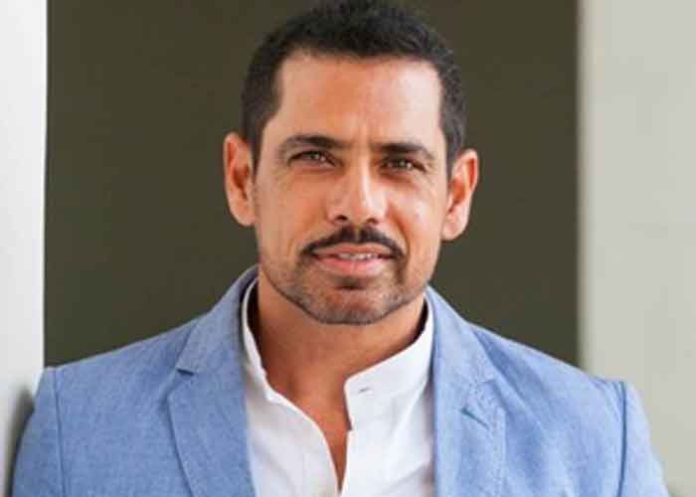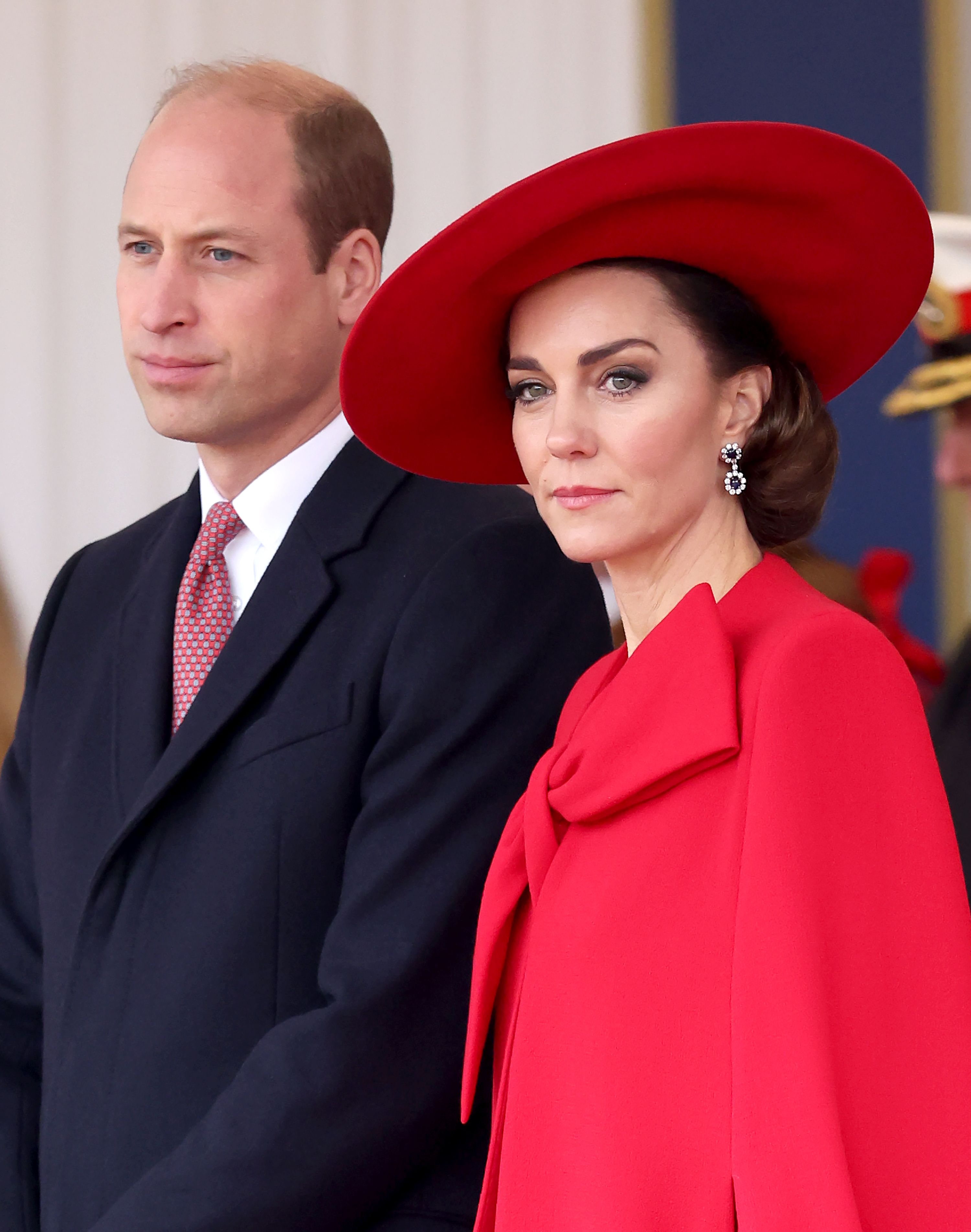How higher stress levels can weaken the immune system The body is a wonderful, complex machine. It is made up of trillions of cells with specialized functions. Much like any machine, it is important that it has enough fuel to run and gets maintenance regularly.
CLINICAL MATTERS Whenever I see a sick patient in my clinic or in the hospital, I always make it a point to tell him or her to slow down, get some rest, and let their body heal. As an infectious diseases doctor, I give a lot of antibiotics for bacterial infections, some of which can be quite severe. In my experience, people get better faster if they allow their body some downtime rather than getting back to work the moment that they feel better.

In fact, I see a lot of relapses among those who force themselves back to the daily grind before they are completely well. Does this have any kind of scientific basis, and how much rest should one get to prevent illness? The body is a wonderful, complex machine. It is made up of trillions of cells with specialized functions.
Much like any machine, it is important that it has enough fuel to run and gets maintenance regularly. When it breaks down, it needs to be repaired before it can resume its usual activities. In the realm of infectious diseases, an infection represents a breakdown of the body’s defenses against pathogens.
The fact that the breakdown occurred may be due to a combination of factors, including the overall health of the host, as well as the kind of pathogen. Host factors include age, co-existing illnesses, immune system status, and nutrition. Pathogen factors include the virulence of the organism, resistance to antibiotics, ability to evade the immune system, and the capacity to make toxins that destroy tissues.
The interaction of these factors determines how sick a patient can become, their risk of dying, and how fast they can recover. One lesson I always teach my infectious diseases trainees is that antibiotics alone will not cure an infection. In fact, most mild infections will get better without antibiotics as long as the immune system is intact.
Some infections may get better faster with antibiotics, while more serious infections will need antibiotics to significantly reduce the risk of dying. If we liken fighting infections to a war, antibiotics are like the cavalry and the artillery. They pack a lot of firepower and destroy a lot of bacteria, but they aren’t very precise.
They may destroy up to 99 percent of the target germs in the body, but you need an intact immune system to eliminate the remaining one percent. I think of that last one percent of bacteria like guerrilla fighters that hide out in houses and in the jungle, and your immune system, particularly your white blood cells, are the ones that hunt them down and eliminate them. Without an intact immune system to get rid of the last remaining bacteria, the infection will just rebound when the antibiotics are stopped.
Patients with damaged immune systems, such as cancer patients who recently underwent chemotherapy or those with advanced HIV, can take a long time to recover, and we sometimes give longer than normal courses of antibiotics for these patients until their immune system can cope and recover. When I was a fellow (trainee) in infectious diseases in the US, I had a long discussion about the effect of stress on the immune system with one of my mentors, a world-renowned immunologist and HIV expert. He understood the attraction behind thinking that lack of sleep and stress could make someone less able to defend against infection.
He, however, wanted me to find hard evidence since he wasn’t content with just conjecture. The human immune system is notoriously complex, and he wanted to know the actual physiology in which immune cells are impacted by overwork and lack of rest. First, we explored what was known about how the body responds to stress.
One observation is that in times of anxiety and stress, the body makes a lot of stress hormones, specifically corticosteroids such as cortisol. Cortisol reduces the amount of inflammation and pain during a stressful event, which can be beneficial in the short term. However, it also affects key components of the immune system, such as T-lymphocytes and B-lymphocytes, which protect us from bacteria, fungi, and viruses.
My mentor acknowledged that this indeed was plausible but he wanted actual examples of people under stress having less than ideal immune responses. So I did a literature search on the effect of stress on the immune system. Doctors and medical students usually use an internet resource known as PubMed when looking up specific studies among millions of indexed, high-quality peer-reviewed journal articles.
On inquiry, I noted several studies looking at vaccine seroconversion, which involves an adequate protective response to vaccination, in chronically stressed individuals such as medical students and caregivers of Alzheimer’s disease patients. The overall findings among these studies were that lower levels of stress resulted in higher antibody and T-cell responses to vaccination compared to individuals with higher stress levels. A recent study looking at people suffering from post-traumatic stress disorder (PTSD) linked higher rates of inflammation and immune dysfunction compared to control subjects.
There were other studies as well, but the findings weren’t as clear-cut. Overall, the consensus is that the physiological benefits of rest in order to reduce stress go beyond mental health benefits and actually affect physical wellbeing. With this in mind, this Holy Week, it may be a good idea to get some rest, especially if you have chronic health problems or are recovering from a recent illness.
The usual out-of-town vacations can cause additional stress, and many people feel even more tired after the hectic activities that they engage in due to the long break. It is not unusual to hear some people say that they need a vacation from their vacation! Spiritual meditation, whether you participate in the religious activities or not, can also be a great stress reliever and can rejuvenate not just your mind but also your immune system. Rest can indeed heal the body and the mind, and that’s not just wishful thinking.
.
Entertainment

Why rest is the ultimate form of healing

How higher stress levels can weaken the immune system















